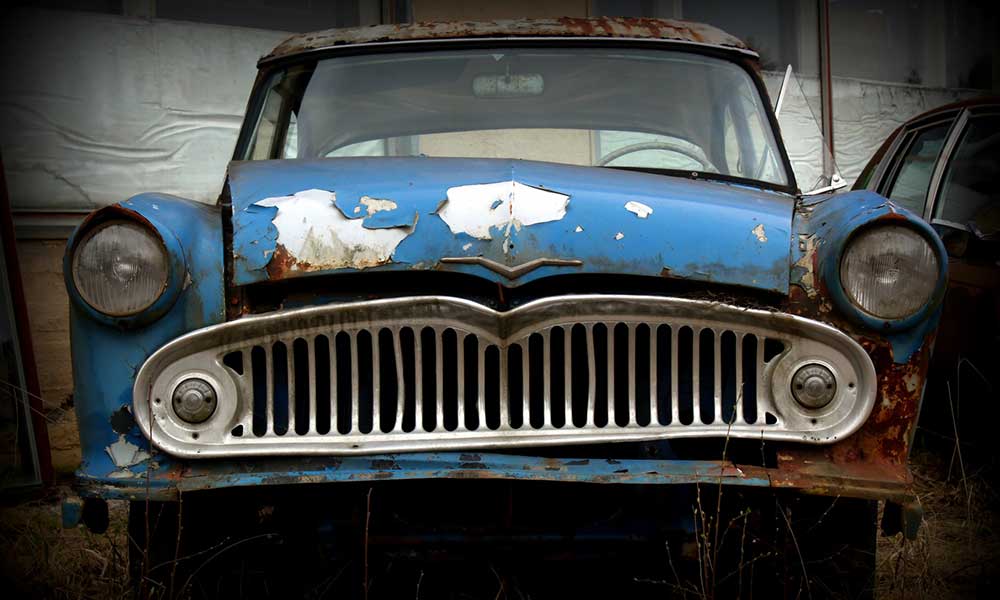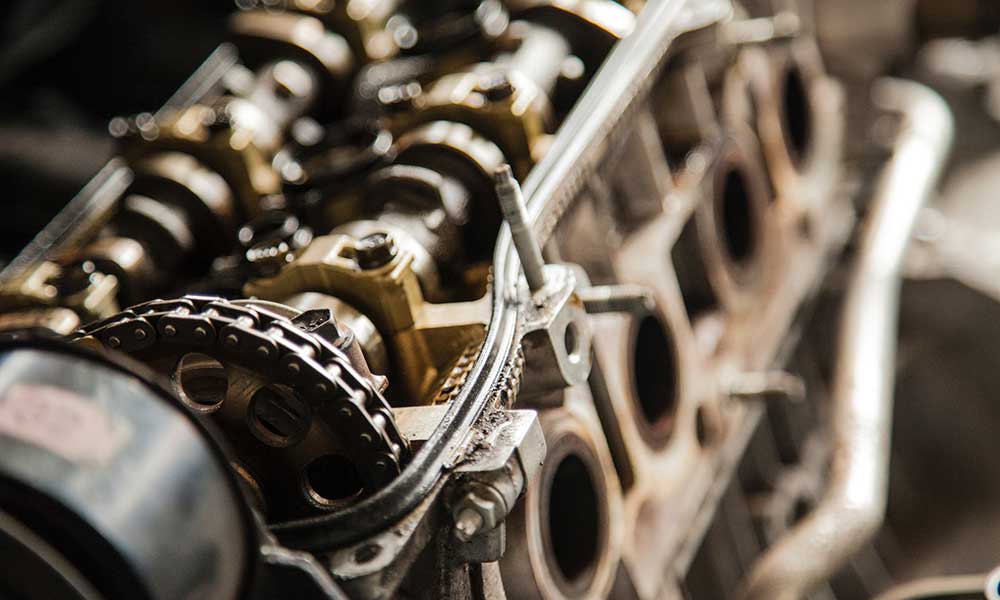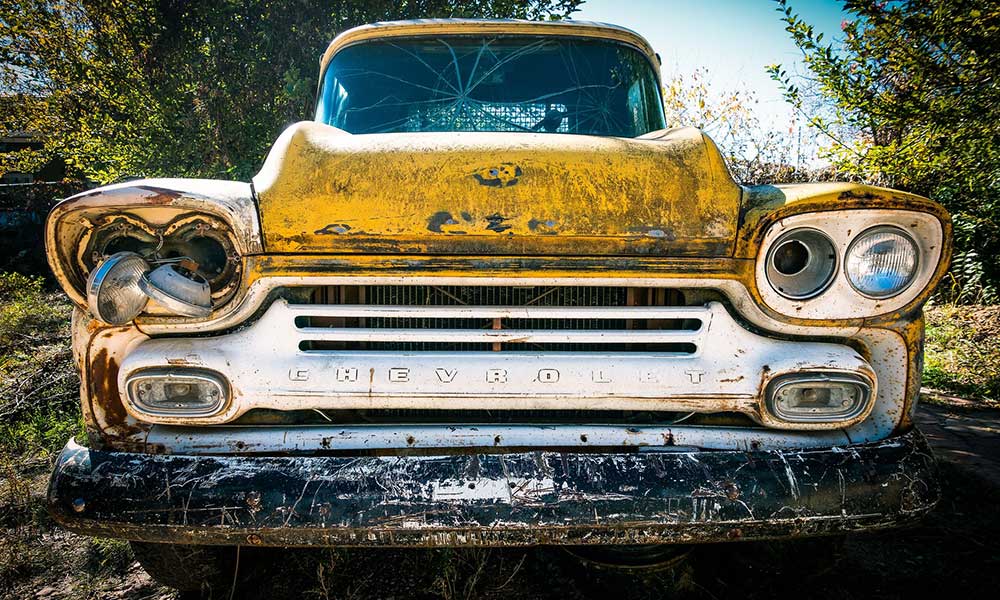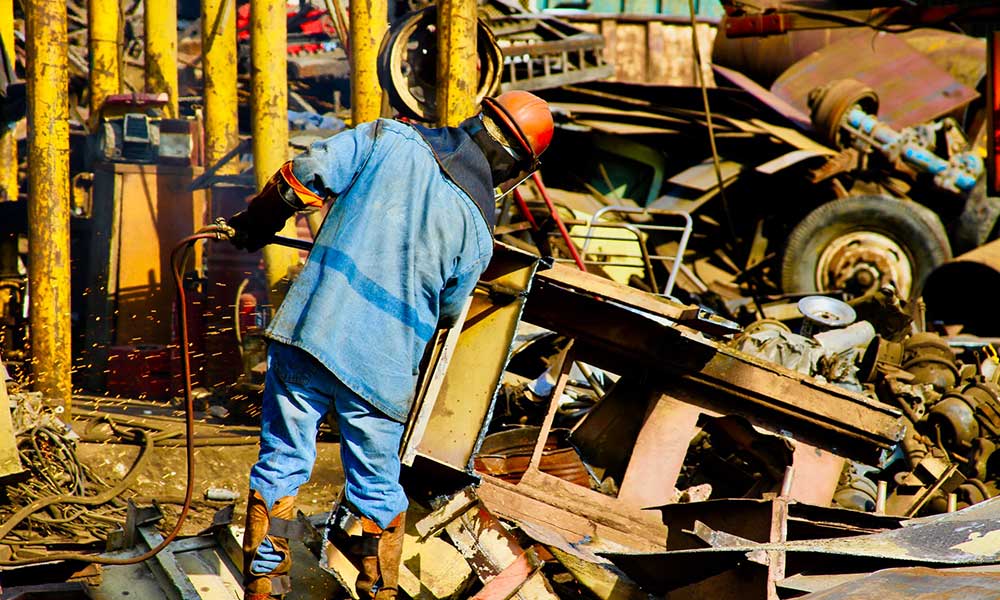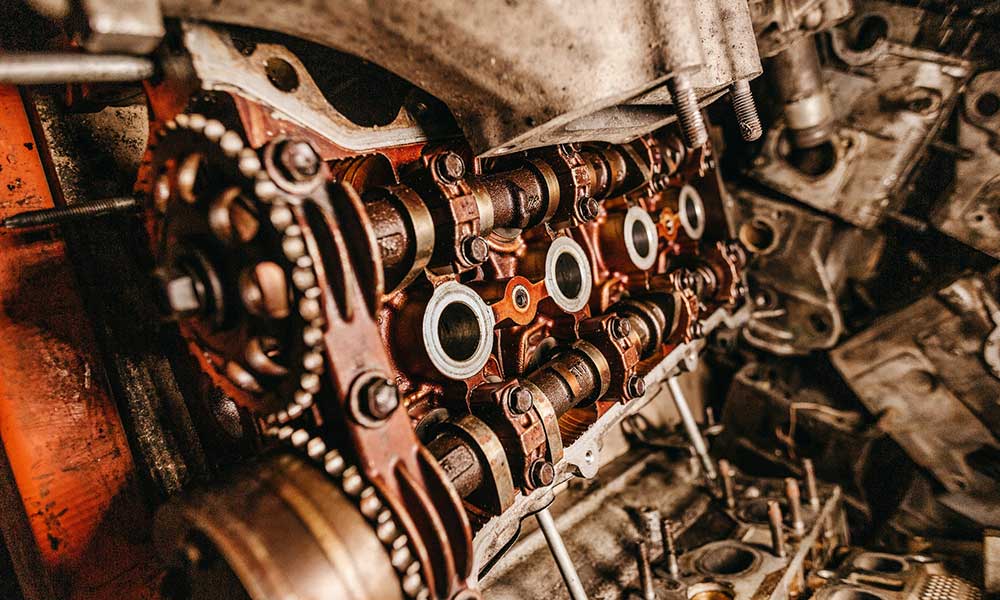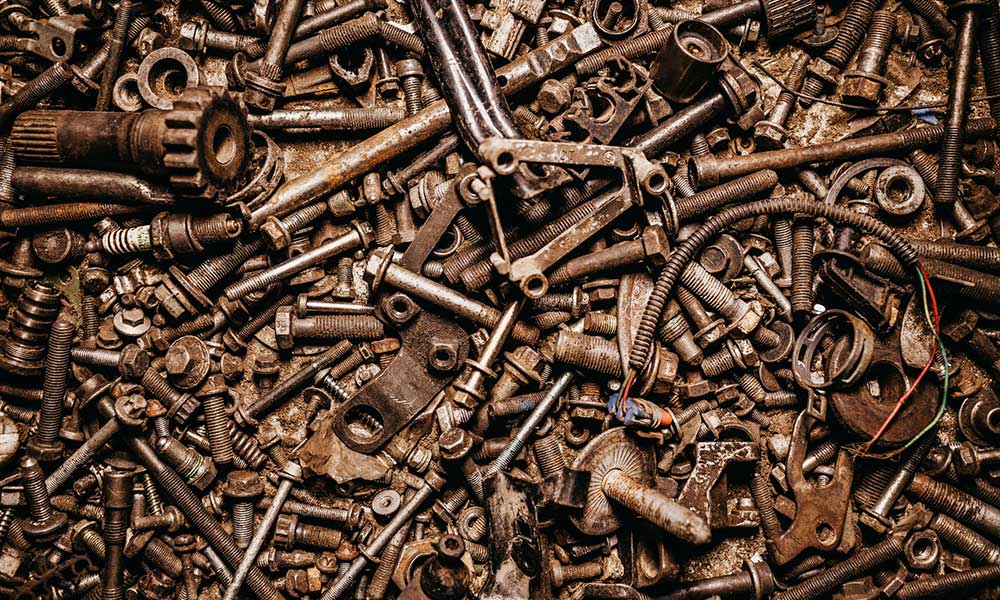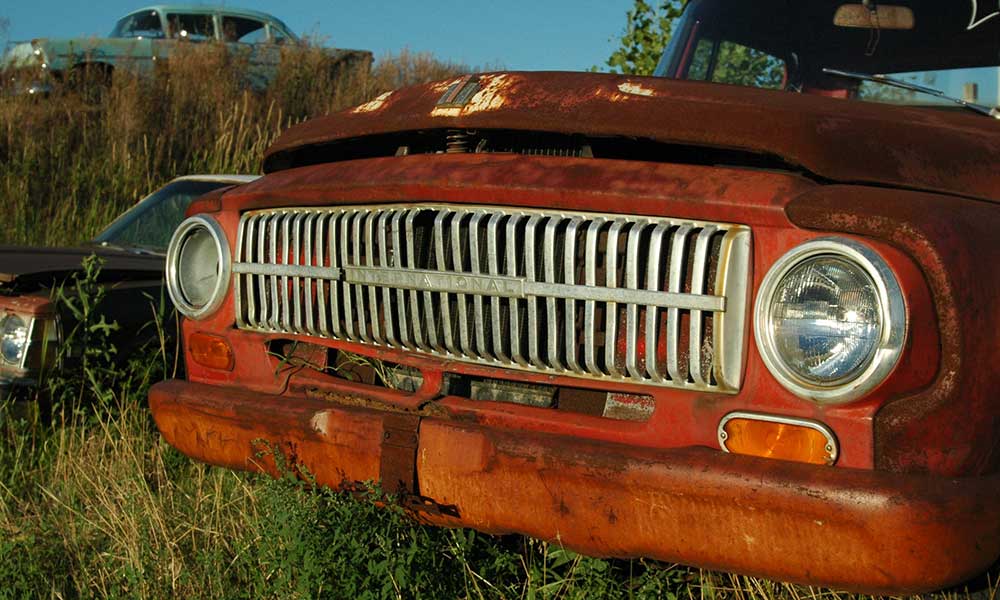Notably, a smog check may involve visual inspection of things such as emission control components and systems.
It also involves functional inspection of the vehicle’s engine, ignition timing, lights, exhaust, gas recirculation system, evaporative fuel system, and gas cap.
All these among several overs can make a car fail a smog test.
However, one of the essential things is a dirty air filter; if a car stays for long without replacing its air filter, it cannot pass a smog test.
Another basic thing is an unfixed leaking gas cap. Initially, the gas tank that is cracked, worn, or even sealed improperly could increase emission.
Therefore, a car found under this condition is likely to fail in a smog test.
In California, a smog test is a fundamental requirement. Almost all vehicles have to pass a smog test after a certain period, especially when you want to sell it, and the car is more than four years old.
Presently, all California vehicles have to go for a smog inspection except those that use diesel-powered engines made in 1997 or earlier, those with a gross vehicle weight of more than 14,000 lbs., natural gas-powered vehicles with other 14,000 lbs, motorcycles, electric and trailers.
How long is a Smog Check Valid for?
In the state of California, a smog test is valid for 90days. In this case, an electronic certificate of compliance is issued and stored at DMV when a vehicle passes the smog test. The certificate is kept for three months.
Smog Check Requirements When Selling Your Car
To sell your car in California, you have to go through various steps.
First, you must have a car inspection as it is one of the key requirements per state law.
The valid smog certificated offered here is valid for 90 days from the day on the document.
However, if the care is less than four years old, a smog inspection is not required; instead, the buyer will have to pay a smog transfer fee.
How much does a smog check cost?
According to the state rating, the average smog inspection’s normal price range is between $29.95 and $69.95, based on the vehicle type and model.
What Happens During a Smog Check?
During a smog check, various activities are expected to happen. First, a licensed technician will attach measuring equipment to the vehicle.
The car will then be inspected to test for emissions, visual inspection, and functional inspection to ensure the emission is within the acceptable limit.
Also, the emission controls are checked to ensure that they are in place and functioning as expected without polluting the environment.
What is the difference between a regular smog check and a star smog check?
STAR smog check stations are those that meet higher performance standards and are established by the Bureau of Automotive Repairs.
Some of these stations are licensed to perform the only test, whereas others perform both tests and repairs.
On the other hand, regular smog checks perform regular inspections such as buying and selling within the country three months before the registration date vehicle expiry.
How to pass a California smog check?
For a car to pass a smog test, the owner must be performing regular and proper maintenance following the manual instructions. Also, not tampering with the emission-control equipment increases the chances of the vehicle passing the smog inspection.
How can I pass a smog check with a bad catalytic converter?
Most of the California smog checking stations are very keen.
When it comes to the inspection of a vehicle with high mileage, a bad catalytic converter will not at any cost pass a smog test. The smog machine cannot be tricked.
Will check engine light fail smog?
Yes, having an issue with the engine light will probably fail you in a smog check.
It is advisable always to take your car to a licensed repair station as soon as possible to have the problem diagnosed. A flashing light indicates a malfunction that can be addressed immediately to avoid severe damage to the engine’s emission control system.
Which Type of Smog Check Do I Need?
For registration in California, all that is required is a regular smog when obtaining a smog check.
This includes even when one is buying or selling a vehicle within the state whose registration expiry date is in three months.
California DMV smog check waiver
At the moment, the state of California has not waived smog test requirements.
Therefore, if your renewal notice indicated a smog test is needed, then your car has to pass the smog inspection before receiving a new registration and a sticker.
To get a waiver in California, you have to make an appointment at a referee station and bring the documentation of the two failed smog tests and receipts for money spent in the repair from a licensed smog repair station diagnostics.
If you manage to get all the qualifications, you can be granted a waiver that allows you to pass the test without repair.
Smog check registration California.
When registering a California vehicle or renewing registration, all that is needed is to go through a smog inspection.
However, there are other expectations, such as the car might not need an inspection if it is a gasoline-power vehicle from 1975.
What is a Gross Polluter vehicle?
A gross polluter is a vehicle with excess hydrocarbon, carbon monoxide emissions as established by DCA and ARB. Notably, a gross polluter can only be certified at a STAR station to confirm the vehicle has been repaired and is in compliance with required emissions standards.
The car in this condition is identified by BAR and you should undertake immediate repair.
California Smog Check Repair Assistance
California’s CAP repair assistance option delivers income-eligible consumers assistance for emission-related repairs at a STAR test and repair station if the car fails its biennial smog check inspection.
From the model year 1996 or newer, the owner of the vehicles may spend up to $1200 in emission-related repairs.
California Smog Check Program
A smog check program in California is an essential part of the state’s effort to improve the environment. The inspections are designed to identify vehicles with excess emissions for them to be properly repaired.
The program has played a significant role in reducing air pollution caused by vehicles in California.
California Vehicle Registration
Requirements include a completed application title, the out-of-state title and registration of the vehicle, proof of insurance, a valid smog certificate, and payment fee.

